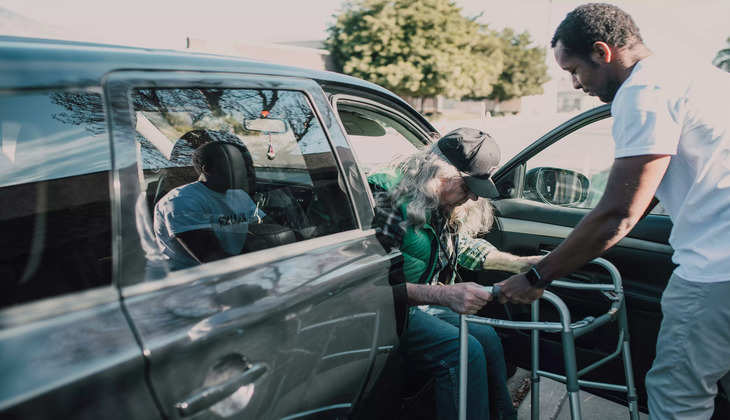What is Medical NGO?

Medical charity NGOs are non-profit organizations that focus on providing healthcare services, medical assistance, and support to underserved communities, vulnerable populations, and individuals in need. These organizations play a crucial role in addressing health disparities, promoting access to healthcare, and improving health outcomes for marginalized groups around the world. Here are some key aspects of medical charity NGOs:
-
Healthcare Services: Medical charity NGOs often operate clinics, hospitals, mobile health units, and outreach programs to deliver essential healthcare services to communities lacking access to quality medical care. They provide primary care, preventive services, screenings, treatment for diseases and injuries, maternal and child health services, and other healthcare interventions.
-
Medical Assistance and Relief: Medical charity NGOs respond to emergencies, disasters, and humanitarian crises by providing medical assistance, relief supplies, and healthcare support to affected populations. They offer emergency medical care, first aid, trauma treatment, and disease prevention measures to address the immediate health needs of disaster survivors and displaced individuals.
-
Health Education and Awareness: Medical charity NGOs engage in health education and awareness campaigns to empower communities with knowledge and skills to prevent diseases, promote healthy behaviors, and seek appropriate medical care. They conduct workshops, training sessions, community outreach events, and health promotion activities to raise awareness about public health issues and preventive measures.
-
Capacity Building and Training: Medical charity NGOs build the capacity of local healthcare providers, community health workers, and volunteers through training programs, skills development initiatives, and capacity-building workshops. They strengthen healthcare systems, improve clinical skills, enhance healthcare infrastructure, and promote sustainable healthcare practices to support long-term health outcomes.
-
Advocacy and Policy Change: Medical charity NGOs advocate for policies, legislation, and investments that prioritize healthcare access, equity, and affordability for all. They work with governments, policymakers, stakeholders, and the public to influence health policies, advocate for human rights, and address systemic barriers to healthcare access and delivery.
-
Research and Innovation: Some medical charity NGOs engage in research, innovation, and evidence-based practices to develop new medical technologies, treatment protocols, and healthcare interventions. They collaborate with research institutions, universities, and healthcare providers to advance medical knowledge, improve patient care, and find solutions to complex health challenges.
-
Partnerships and Collaboration: Medical charity NGOs often partner with governments, international organizations, non-governmental organizations, corporations, philanthropic foundations, and local communities to leverage resources, expertise, and networks to achieve their healthcare goals. Collaborative partnerships enable them to reach more people, deliver more comprehensive services, and maximize their impact on health outcomes.
Examples of well-known medical charity NGOs include Médecins Sans Frontières (Doctors Without Borders), Partners In Health, International Medical Corps, Mercy Ships, Direct Relief, and World Vision International. These organizations work tirelessly to save lives, alleviate suffering, and promote health and well-being for individuals and communities in need around the world.
